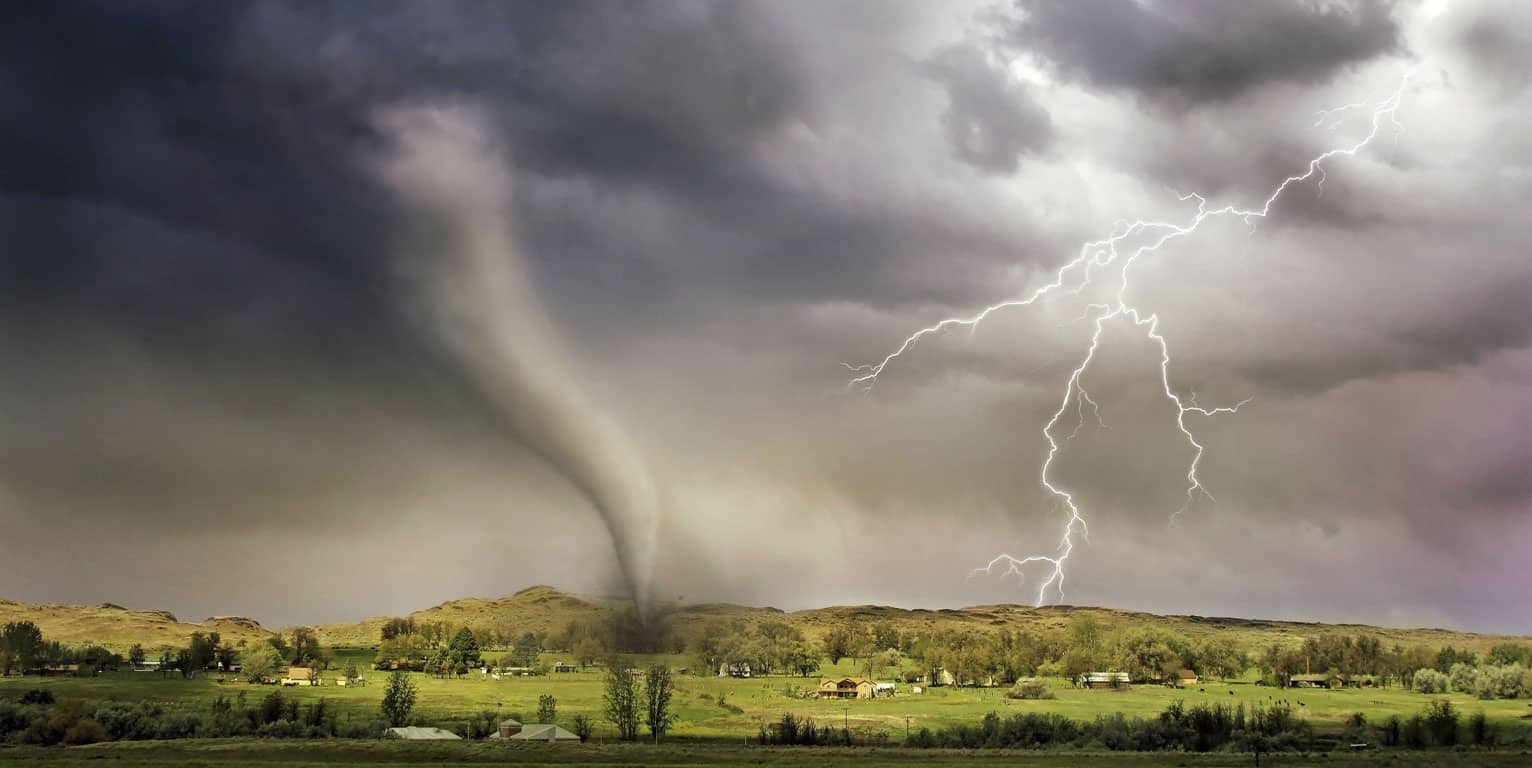No matter where your church is located, weather often plays a factor in our lives. If you’re used to extreme weather, your church may already have a weather policy. But if you’re located in an area where weather may be a factor once every 10 years (such as snow in South Carolina), it may be time to consider what your church’s weather policy is.
Types of weather to consider when defining your policy
Clarifying and agreeing on how much snow or what weather conditions merit canceling services, classes, ministry activities or even family fun days help ease stress when that time comes.
Things to consider in your policy are:
- What to do if you have no working air conditioning or furnace
- Natural disasters where a state of emergency may be called, such as hurricanes, earthquakes, tornadoes, blizzards or floods
- Whether your congregation lives in areas where traveling may not be ideal, such as frequent flooding or limited access to snow plows
- Power outages or gas leaks
Sharing your inclement weather policy
Once these guidelines have been agreed upon and written, a great place to keep them is in the back of your church directory. The directory is something that many members will keep around for a long time and will be able to access. You can even include phone trees or reminders of how the announcement will be made when events are canceled.
Other places to consider posting your inclement weather policy is on your church’s website, Facebook page or as an occasional reminder in your church newsletter or bulletin (such as at the beginning of hurricane season or when winter approaches).
Implementing your inclement weather policy
The last thing anyone wants is for a member to find out church has been canceled after driving through treacherous weather.
Not only is it important to have a plan in place, but it’s equally important to be sure everyone knows that the plan is being activated and events are being canceled.
You can communicate a church closing by posting on your church’s website, Facebook page, church office voicemail or set up an auto-response on church employees’ emails.
Another option is to implement a church phone tree. This works great for church leadership and established members, but can often miss friends or visitors, so you’ll want to keep that in mind.
Pushing the information, via email and/or sending text messages to members is often the most effective way to reach your members. Some church directory programs, like Instant Church Directory, offer customizable export features that let you export member contact details and use them with your preferred communication tools.
Plans, protocols and guidelines for weather can be a gift.
Even if your church rarely cancels events, it’s always a good idea to have an agreed upon plan in place to help avoid confusion and ensure the safety of all members. A well-written, church-specific plan or guideline is a gift to staff, leadership and members alike when under an already stressful situation.
